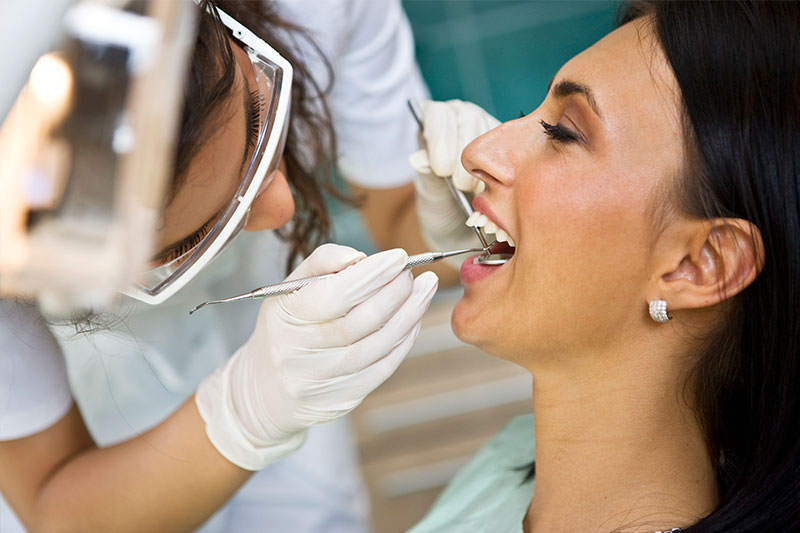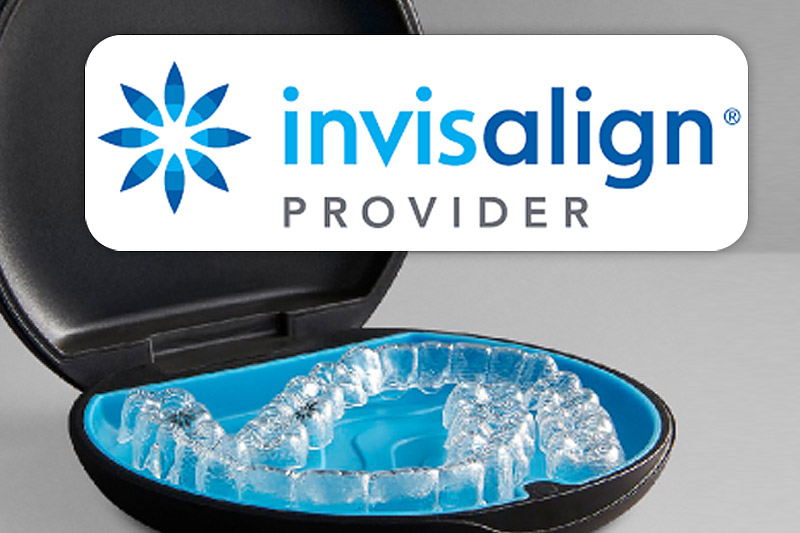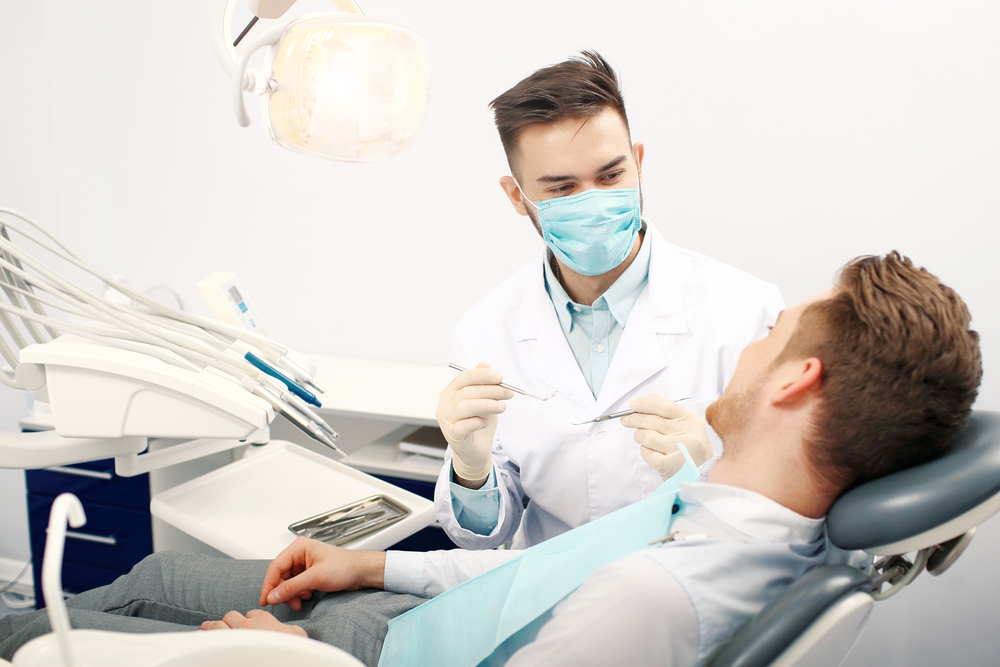Tag: infected tooth extraction watertown
Infected Tooth Extraction Near Me, Watertown MN
There are different levels of tooth infections, ranging from cavities to pulpitis and eventually an abscess. Poor dental hygiene can allow plaque to build up and form cavities on the surface of your teeth. Tooth injury and dental procedures can also lead to tooth fractures that trap bacteria and allow plaque to build up. Cavities are usually not painful, and many people tend to ignore them unless they cause discomfort or become a cosmetic concern.
If the cavity is not filled or the tooth crowned promptly, bacteria may continue to erode the tooth until it reaches the pulp, resulting in pulpitis. This is when people begin to experience a toothache or sensitivity that is aggravated by hot and cold liquids and foods. At this point, the infection can be removed and the tooth restored via root canal therapy. But if left untreated and the infection continues to spread through the tooth, it may form a pocket of pus known as an abscess. Successful treatment of an abscess requires the pus to be drained and the administration of antibiotics to manage the infection.
When is tooth extraction recommended?
Tooth extraction may be necessary if the tooth is too damaged to be saved, such that it has to be pulled out in order to drain the abscess. But if you’re dealing with an impacted tooth that has become infected, it might be more suitable to treat the infection before performing oral surgery to remove the tooth. This is because extracting the tooth before treatment may allow the infection to spread and cause other complications, including compromising the healing process after tooth extraction. So your dentist may recommend treating the infection before tooth removal to reduce these risks. Moreover, treating the infection will reduce the symptoms and enhance your comfort before, during, and after tooth extraction.
Keep in mind that you may have to take pain medication and some antibiotics for a few days before your surgical tooth removal to remove bacteria in the area, as well as after tooth extraction to prevent infection when healing.
If you’re experiencing the symptoms of a tooth infection, please visit your dentist as soon as possible to save the tooth or schedule an extraction.
Infected Tooth & Dental Extractions – FAQs | Watertown MN
It is normal to have bacteria living on various parts of the teeth and mouth, but tooth infections can happen when bacteria penetrates the outer surfaces of the teeth-that contain enamel or damaged dentin. The infection typically settles in deep pockets as it cannot be reached through brushing alone.
Poor dental hygiene, tooth injury, and dental procedures cause cavities and fractures that trap bacteria and allow plaque to build up. A dentist may fill or crown a cavity immediately to stop the erosion of teeth. If left untreated and the infection reaches the pulp, a condition known as pulpitis may result, causing you to experience a toothache or sensitivity that is aggravated by hot and cold liquids and foods. If the infection continues to spread through the tooth, it may form a pocket of pus known as an abscess.
Treatment options for tooth infections
If you have pulpitis, your dentist may advise root canal therapy to remove the infection and preserve your natural tooth. After the tooth has been treated, it will need to be headed or capped in order to restore its strength and stability.
Once an abscess from tooth decay forms, the pus needs to be drawn out of it. If you can’t save the tooth with root canal therapy and if there is pain or continued infection, often the tooth has to be extracted. Pus removal can occur before or after the extraction. If your dentist finds that extracting the tooth before treatment may allow the infection to spread and cause other complications, such as compromising the healing process after tooth extraction, then your dentist may recommend treating the infection before tooth removal to reduce these risks.
Generally, you will need to take pain medication and some antibiotics for a few days before your surgical tooth removal to remove bacteria in the area, as well as after tooth extraction to prevent infection when healing.
If you have any of these symptoms, be sure to see your dentist as soon as possible to save the tooth or schedule an extraction.

New Patient Exam Xrays and Regular Cleaning $67
Includes consultation, exam, and x-rays. In the absence of periodontal disease. New Patients Only
Make Appoinment
Invisalign
With advances in dental technologies, it is now possible to straighten your teeth discreetly without the use of traditional metal braces.
Learn more


